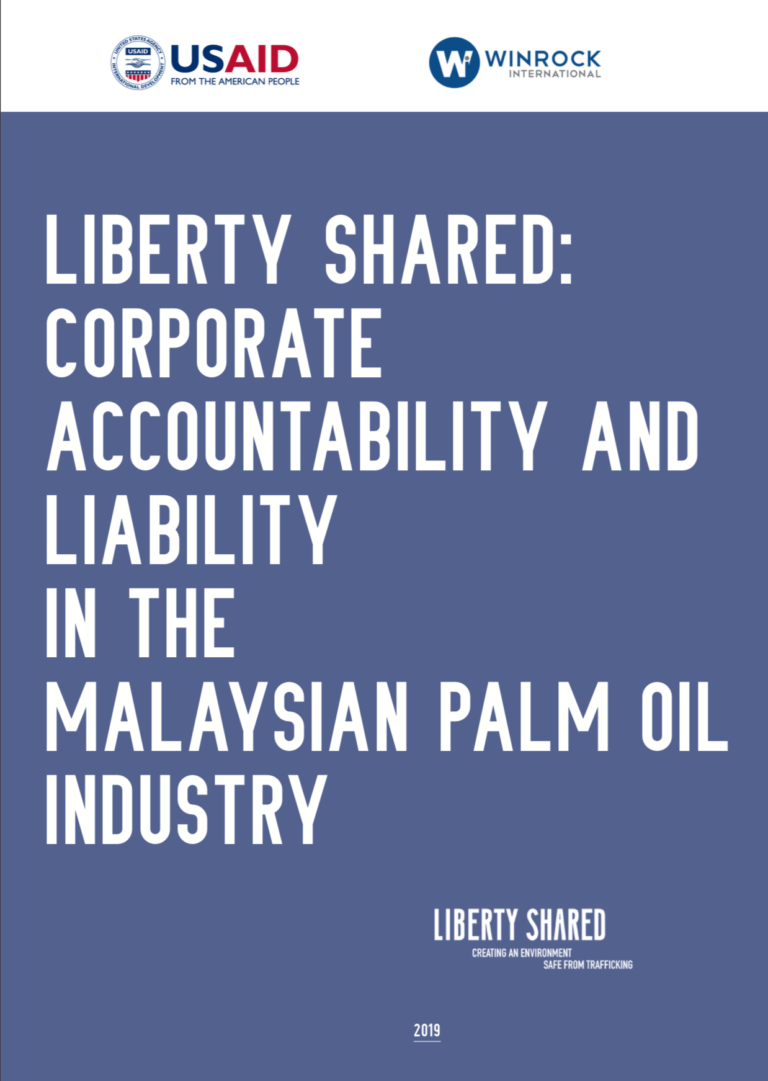Protection From Sexual Exploitation and Abuse (PSEA) During COVID-19 Response
COVID-19 resourcesGuidanceThe COVID-19 Pandemic is a public health, social and economic crisis that is global in scale. With restrictions on travel and movement, civil society and humanitarian organizations play a critical role in supporting governments to respond. All peopl...Read More

